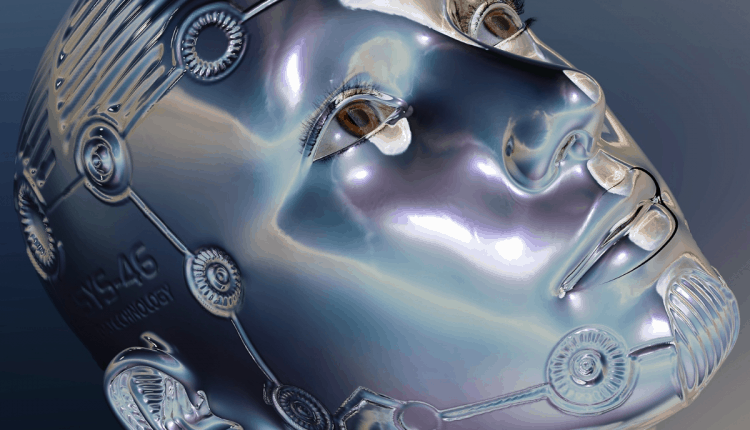The Latest On AI Technology
The Latest On AI Technology
The current debate on democracy and artificial intelligence is how governments regulate the new technological reality to solve the new ethical problems that arise.
When students were studying economics in the 1990s, the econometrics tests lasted four hours, and they were allowed to use matrix calculators. Then came the spreadsheets and specialized programs that allowed the regression calculations to be done in seconds. Since then, the ability to accumulate data in the cloud and the speed of processing it has grown exponentially.
Today there are artificial intelligence tools that process thousands of variables and model neural networks. The analyst defines the variable he wants to study, and the device tracks millions of data and offers models to replicate the behavior of the variable in the past and try to anticipate its future behavior.
No one knows the future, the new models will also have foresight errors and economists, sociologists, politicians, etc. will be needed to analyze whether the results are consistent. The New York Stock Exchange has a high correlation with the Ellipse of one of Saturn’s satellites. Statistically, the association is perfect; economically, the analysis has no value.
Today it is already possible to estimate the evolution of Spanish exports in real time by the data generated by the use of mobile phones in the ports, with models that have determination coefficients more significant than 80% over the customs registration data we know with two months of delay.
One of the significant economic problems in this new millennium is high inequality, especially in emerging countries. In Spain, we analyze variation with a survey of living conditions with a sample of only 13,000 households and with income data two years earlier. This type of analysis is equivalent to listening to music with a vinyl record. Within the United Nations Development Programme, we have as our mission the Sustainable Development Goals (SDGs), and the fight against poverty and inequality remains one of the priorities. Especially in Latin America, which remains the unequal area in the world. For this reason, we are experimenting with artificial intelligence, to have better models that allow governments to design more effective public policies to achieve the goals.
The current debate on democracy and artificial intelligence is how governments regulate the new technological reality to solve the new ethical problems that arise, which is very necessary. But we will soon discuss whether artificial intelligence can improve the quality of our democracy, as did printing, Mathematics, Statistics, radio, television, or the Internet.
Artificial intelligence requires quantifying the objectives to model the reality to be analyzed. And will contrast better the facts and evaluate the effectiveness of Governments and their policies. Governments will have more and better information to develop their public strategies and comply with SDGs. And voters will have more and better information to choose their rulers. The moon will not be a perfect sphere, as Aristotle claimed. Reality will remain uncertain, we will continue to make mistakes, and the method will be trial and error, and Trump will be re-elected. But the human species will continue to evolve.


Comments are closed, but trackbacks and pingbacks are open.